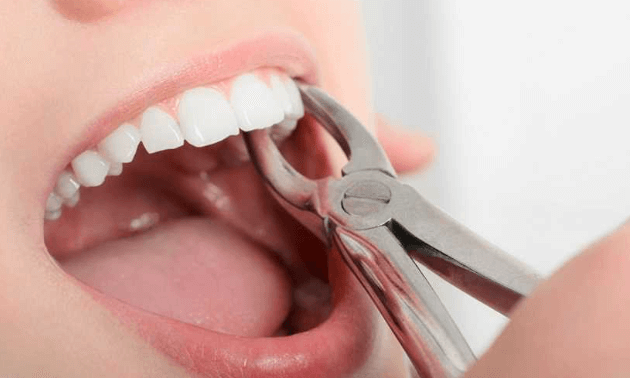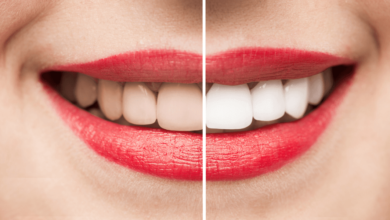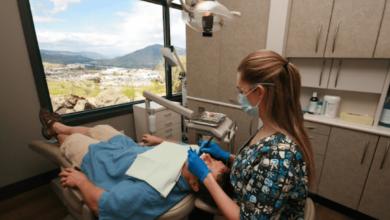Understanding Tooth Extraction: When It Is Necessary?

Tooth extraction is a standard dental procedure that is considered necessary for different reasons; understanding when and why a tooth may need to go through extraction can help patients in making informed decisions about their dental health. Here, we will explore the common reasons for tooth extraction, including severe decay, overcrowding, and periodontal disease. We will also emphasize the importance of consulting professionals like Brookhaven, GA dental practice.
Common Reasons for Tooth Extraction
Severe Decay
One of the most prevalent reasons for tooth extraction is severe decay. When a tooth is affected by cavities penetrating the structure, it can lead to pain and infection. Suppose the decay is excessive and cannot be treated properly with filling or root canal therapy. In that case, extraction becomes vital for preventing the spread of infection to surrounding teeth and tissues. Removing a decayed tooth alleviates the pain and can affect the overall health of the mouth.
Overcrowding
It occurs when the mouth has insufficient space for all the teeth to fit in properly. This situation arises during orthodontic treatment, where extracting one or more teeth is necessary to create space for alignment. So, by removing teeth that cause crowding, an orthodontist can advise extraction for proper alignment of remaining teeth, leading to healthier bites and improved oral function. This is an important assist in the case of children and teenagers whose jaws are still in the developing stage.
Periodontal Disease
Gum disease is another reason for tooth extraction. This condition begins with gingivitis, characterized by inflammation and bleeding of the gums. If left untreated, it can progress to periodontitis, where the supporting structures of teeth, including the bone, are severely damaged. In advanced scenarios, teeth become loose due to loss of bone support requiring the extraction. So addressing periodontal disease is crucial as it can lead to tooth loss and other health complications including cardiovascular diseases.
Trauma or Injury
Tooth extraction may also be necessary due to trauma or injury. Accidents, falls, or sports-related injuries can also result in fractured or broken teeth that cannot be repaired. In such cases, extraction is considered the best option for alleviating pain and preventing further complications.
Impacted or Wisdom Teeth
Wisdom teeth or third molars become impacted in most cases due to lack of space in the jaw. It can lead to pain, infection, and damage to adjacent areas. So, extraction of wisdom teeth is a common procedure, especially in young adults, to prevent further complications and maintain oral health.
Damaged Tooth
In certain specific cases, teeth may become unrestorable due to extensive damage from fractures, decay, and other conditions. When a tooth cannot be saved through different therapeutic procedures, extraction becomes necessary for maintaining the health of surrounding teeth and gums.
The Importance of Professional Consultation
If you are experiencing dental issues that require extraction, it is vital to consult a professional dental practice. A qualified dentist will examine your situation, discuss the treatment options, and determine whether an extraction is the best action. They can also provide guidance on post-extraction care and discuss suitable replacement options, such as bridges or dental implants, to restore the smile and functionality.
Conclusion
Tooth extraction is necessary for maintaining oral health and preventing complications. So, if you are experiencing tooth decay, overcrowding, periodontal disease, trauma, impacted wisdom teeth, or nonrare conditions, understanding the reasons behind extraction can empower the patients to take their dental health seriously by consulting a professional dental practice. You can receive the care and guidance required to navigate your dental journey effectively. Prioritizing dental health and addressing the issues adequately can lead to a healthy and more confident smile.




